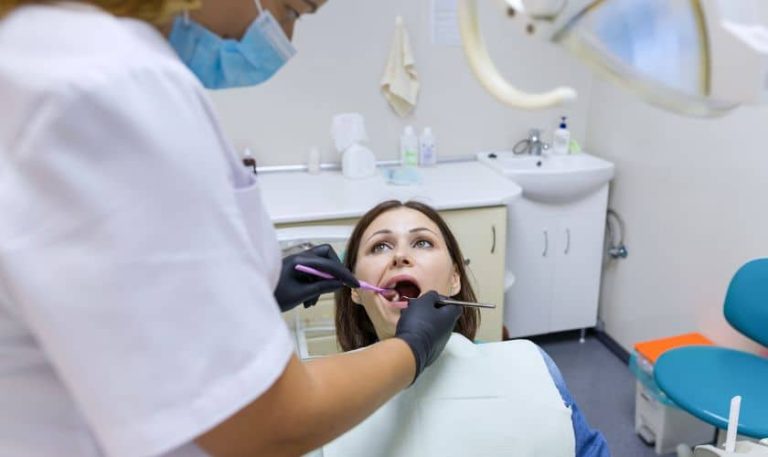Is Gum Problem Can Be Caused by Perimenopause? Discover the Link
Last Updated on 5 months by DR. ALBIN SIPES
Gum problems can be a common issue for many people. But did you know that perimenopause can also cause gum problems? Let’s dive deep into this topic to understand more.
What is Perimenopause?
Perimenopause is the time before menopause. It usually happens to women in their 40s. During this phase, the body undergoes many changes. Hormonal levels fluctuate, causing various symptoms.
| Common Symptoms of Perimenopause |
|---|
| Hot flashes |
| Night sweats |
| Mood swings |
| Weight gain |
What Are Gum Problems?
Gum problems refer to any issues affecting the gums. Gums are the pink tissue in your mouth that holds your teeth. Healthy gums are firm and do not bleed easily.
Common Gum Problems
- Gingivitis
- Periodontitis
- Receding gums

How Can Perimenopause Cause Gum Problems?
During perimenopause, the levels of estrogen and progesterone change. These changes can affect your gums. Hormonal fluctuations can lead to inflammation and swelling in the gums.
Hormonal Changes
Estrogen and progesterone levels drop during perimenopause. This drop can make gums more sensitive and prone to problems.
Dry Mouth
Perimenopause can also cause dry mouth. Saliva helps keep the mouth clean. Less saliva can lead to more bacteria, causing gum problems.
Increased Inflammation
Hormonal changes can increase inflammation in the body. Inflamed gums can become red, swollen, and bleed easily.

Signs of Gum Problems During Perimenopause
It’s important to recognize the signs of gum problems. Early detection can help prevent severe issues.
- Swollen gums
- Bleeding gums
- Receding gums
- Bad breath
- Loose teeth
How to Maintain Oral Health During Perimenopause
Maintaining good oral health is crucial during perimenopause. Here are some tips to keep your gums healthy.
Brush And Floss Regularly
Brush your teeth twice a day. Use a soft-bristled toothbrush. Floss daily to remove food particles and plaque.
Visit Your Dentist Regularly
Regular dental check-ups are important. Your dentist can spot early signs of gum problems. They can also give you tips to maintain good oral health.
Stay Hydrated
Drink plenty of water. Staying hydrated helps keep your mouth moist. It also helps wash away food particles and bacteria.
Eat A Balanced Diet
Eat foods rich in vitamins and minerals. Calcium and vitamin D are essential for healthy teeth and gums.
Avoid Tobacco And Alcohol
Tobacco and alcohol can worsen gum problems. Avoid them to keep your gums healthy.
Conclusion
Perimenopause can cause gum problems due to hormonal changes. Recognizing the signs early can help in managing these issues. Maintaining good oral hygiene is key to keeping your gums healthy. Regular dental check-ups, a balanced diet, and staying hydrated can make a big difference.
Remember, your gums are just as important as your teeth. Take good care of them, especially during perimenopause.

